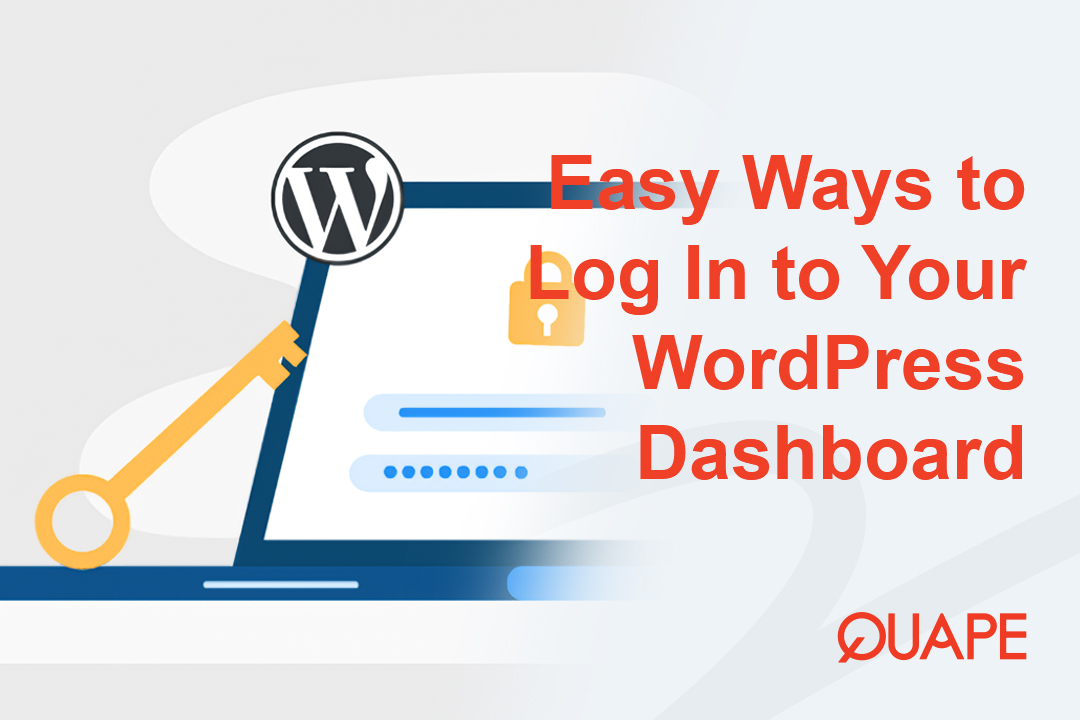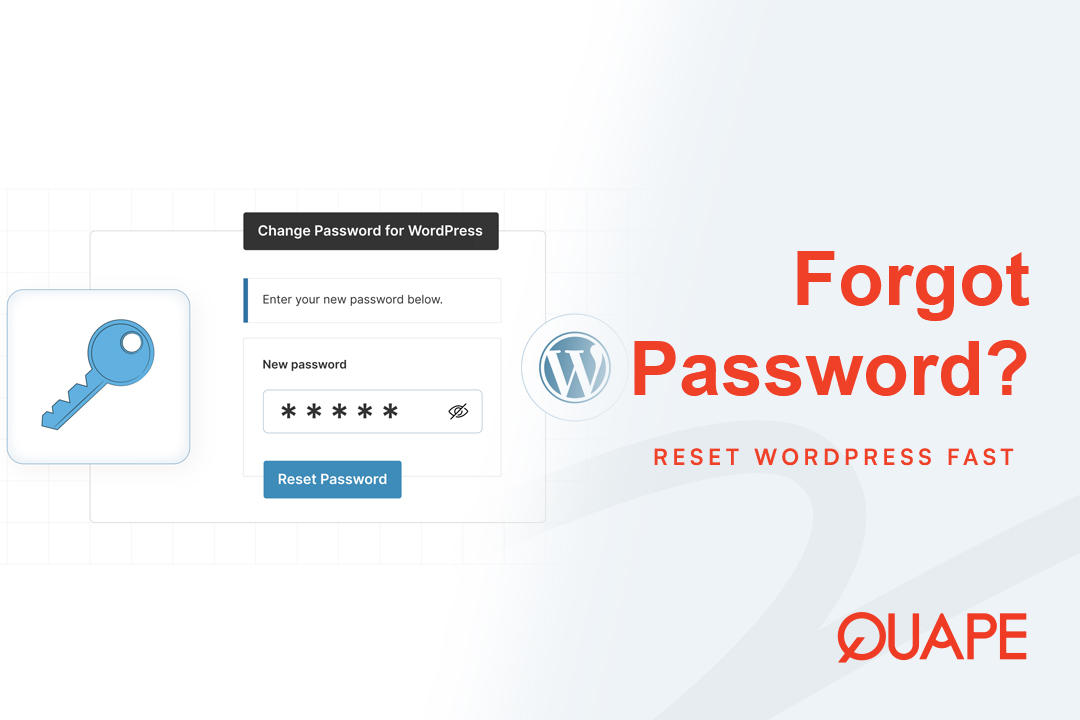WordPress powers over 40% of the internet, making it the most popular content management system (CMS) in the world. Whether you’re running a blog, an online store, or a company website, WordPress offers the flexibility and user-friendliness that people love. But behind every great WordPress site is a reliable hosting service, one that’s built specifically to support it.
That’s where WordPress hosting comes in. In this article, we’ll explore what WordPress hosting is, how it works, the types available, and why choosing the right host can make a huge difference in your site’s success.
Table of Contents
ToggleWhat Is WordPress Hosting?
WordPress hosting is a type of web hosting that’s specifically optimized for WordPress websites. It’s designed to offer better performance, stronger security, and an overall smoother experience for WordPress users.
Unlike general-purpose hosting, WordPress hosting typically comes with specialized tools, features, and support tailored to the WordPress platform, such as one-click installs, automatic updates, and expert assistance. There are two main types: unmanaged and managed WordPress hosting, which we’ll explain shortly.
How Does WordPress Hosting Work?
WordPress hosting works by running your website on servers that are configured for the unique needs of WordPress. These servers are optimized for faster loading times, higher uptime, and enhanced security.
Some hosts offer automatic updates, backups, caching, and staging environments, all of which are designed to help users manage their WordPress websites more easily, without needing to tinker with technical settings.
Types of WordPress Hosting Explained
Unmanaged WordPress Hosting
This option gives you a hosting environment where you are responsible for installing and managing WordPress on your own. You handle all aspects including updates, backups, security, and performance tuning.
It’s usually the most affordable choice but requires solid technical knowledge and time commitment to keep your site running smoothly and secure.
Managed WordPress Hosting
Managed hosting takes the burden off your shoulders by handling most technical tasks for you. Providers manage automatic WordPress updates, daily backups, malware scanning, and server optimization.
This allows you to focus fully on creating content or growing your business without worrying about server maintenance or security issues. It’s ideal for bloggers, small businesses, and anyone looking for hassle-free hosting.
VPS WordPress Hosting
Virtual Private Server (VPS) hosting gives you a dedicated portion of a physical server with guaranteed resources like CPU, RAM, and storage. This provides more power and control than shared hosting, allowing you to customize server settings.
VPS is great for growing websites that need better performance but still require some technical know-how to manage the server environment properly.
Also Read: Top 10 WordPress Hack Prevention Tips for Your Website
Dedicated WordPress Hosting
With dedicated hosting, you get an entire physical server reserved just for your website. This offers top-level performance, security, and customization options since you’re not sharing resources with anyone else.
It’s suited for large websites or businesses with high traffic volumes but comes with a premium price tag and the need for advanced server management skills.
Cloud WordPress Hosting
Cloud hosting uses a network of interconnected servers to host your site, offering excellent scalability and reliability. It can easily handle sudden traffic spikes by allocating resources dynamically.
This type of hosting minimizes downtime since if one server fails, others take over. Cloud hosting is ideal for websites with fluctuating visitor numbers or businesses planning to grow quickly.
Benefits of WordPress Hosting
Faster Loading Times
One of the most significant advantages of WordPress hosting is the optimized server environment specifically designed to run WordPress sites efficiently. These servers often include advanced caching mechanisms, content delivery networks (CDNs), and faster database queries.
This means your website loads quickly for visitors, which not only improves user experience but also reduces bounce rates. Moreover, site speed is a key factor in search engine rankings, so faster loading times directly contribute to better SEO performance.
Enhanced Security
Security is critical for any website, and WordPress hosting providers understand the unique vulnerabilities of WordPress sites. Many hosts implement specialized security measures such as WordPress-specific firewalls, malware scanning, and real-time threat detection to protect your site from hackers and attacks. Additionally, automatic security patches and updates are applied to prevent exploits. These features give you peace of mind knowing your site and its data are safeguarded against common WordPress threats.
Automatic Updates and Backups
Keeping WordPress core, themes, and plugins updated is essential but can be time-consuming. Managed WordPress hosting automates this process by regularly updating your website’s components to ensure compatibility and security.
Besides updates, automatic backups are usually part of the package. This means your site’s data is regularly saved, allowing you to restore it quickly in case of accidental data loss, hacking, or errors, dramatically minimizing downtime and protecting your content.
Expert WordPress Support
When your website encounters technical issues, timely and knowledgeable support is crucial. WordPress hosting providers employ support teams who specialize in WordPress, meaning they understand the platform’s quirks, common problems, and best practices.
This specialized support can help you troubleshoot errors faster, optimize your site better, and even provide advice on plugins or configurations, saving you hours of frustration.
Scalability
As your website grows in traffic and complexity, your hosting needs evolve too. WordPress hosting providers typically offer flexible plans that allow you to scale your resources, such as bandwidth, storage, and CPU without switching providers.
This scalability ensures your website can handle increased visitors and new features smoothly, maintaining performance and reliability even during traffic spikes or business growth.
Also Read: Top 5 Best WordPress Hosting for Your Website in 2025
Who Should Use WordPress Hosting?
Bloggers and Personal Website Owners
If you’re a blogger or someone building a personal website, WordPress hosting can make managing your site much easier. Instead of dealing with complex server settings, you get a platform that’s optimized to run WordPress smoothly right out of the box.
This lets you focus on creating and sharing your content without worrying about technical issues like slow loading times or security vulnerabilities. Plus, many WordPress hosts offer easy-to-use dashboards and one-click tools, perfect for beginners.
Small Business Owners
For small businesses looking to establish a professional online presence, WordPress hosting offers an affordable and reliable solution. You don’t need to hire a developer to maintain your site because many hosting providers handle the technical details such as updates, backups, and security.
This allows you to showcase your products or services with a fast, secure, and attractive website that builds trust with your customers and supports your business growth.
eCommerce Sites Using WooCommerce
WooCommerce is a powerful plugin that transforms WordPress into a fully functional online store. WordPress hosting tailored for WooCommerce sites provides the speed, uptime, and security essential for smooth transactions and a great shopping experience.
Features like SSL certificates, PCI compliance support, and automatic backups protect your store and customer data, while performance optimizations ensure pages load quickly, crucial for reducing cart abandonment and increasing sales.
Agencies and Developers
Agencies and developers benefit from managed WordPress hosting because it often includes advanced tools like staging environments, which allow you to test changes or new features safely before going live.
Collaboration tools help teams work together more efficiently, and developer-friendly features such as SSH access, Git integration, and WP-CLI support give you greater control and flexibility. This makes managing multiple client sites easier and helps deliver high-quality projects faster.
WordPress Hosting vs Web Hosting: Key Differences
Feature | WordPress Hosting | General Web Hosting |
Optimization | Tuned for WordPress | Generic settings |
Support | WordPress experts | General support |
| Features | WP-specific tools | Basic hosting tools |
| Performance | Faster for WordPress sites | May need manual tuning |
| Cost | Slightly higher | Usually cheaper |
What to Look for in a WordPress Hosting Provider
- Uptime Guarantee
One of the most critical factors when choosing a WordPress hosting provider is their uptime guarantee. Uptime refers to the amount of time your website stays online and accessible to visitors.Ideally, look for a host that promises at least 99.9% uptime, which means your site will be down for less than 8.76 hours per year. Higher uptime guarantees ensure your visitors always have access to your content, helping you maintain credibility and avoid lost traffic or sales due to downtime.
- Speed and Caching Features
Website speed plays a crucial role in user experience and search engine ranking. A good WordPress hosting provider should offer built-in speed optimization features such as server-level caching, which stores copies of your pages to serve them faster to visitors.Additionally, integration with Content Delivery Networks (CDNs) helps deliver your content from servers closest to your visitors globally, reducing loading times significantly. These features combined help your website run smoothly, even during traffic surges.
- Security Tools
Security can never be overlooked, especially with WordPress being a popular target for hackers. When selecting a hosting provider, ensure they offer essential security tools like malware scanning, firewalls, and protection against Distributed Denial of Service (DDoS) attacks.Also, SSL certificates should be included or easily available; SSL encrypts data between your site and visitors, boosting security and improving trust (plus search engine rankings).
- Support Availability
Technical issues can arise anytime, and having access to fast, knowledgeable support is invaluable. Look for hosting providers that offer 24/7 customer support via multiple channels such as live chat, phone, or email. Responsive support staffed by WordPress experts can help you resolve problems quickly, minimizing downtime and frustration. - Value for Money
While price is important, don’t base your decision solely on the cheapest option. Instead, consider the overall value you get for your money.Compare features like uptime, speed optimizations, security measures, support quality, and backup policies. Sometimes paying a bit more upfront can save you headaches and costs later, thanks to better performance, reliability, and expert help.
Conclusion
Choosing WordPress hosting isn’t just a technical decision it’s a strategic one. Whether you’re launching a blog, scaling an eCommerce store, or building your business online, WordPress hosting can make your journey smoother, safer, and faster. From automated updates to specialized support, the right hosting ensures your site performs at its best.
If you’re ready to take the next step, consider Quape’s WordPress Hosting. Built for speed, security, and scalability, it’s tailored for both beginners and pros who want peace of mind and professional performance. Discover how Quape can elevate your WordPress experience today.
- Pros & Cons: Colocation vs Dedicated Server - September 30, 2025
- What Is a Data Center and How Businesses Use It Every Day - September 29, 2025
- Here’s The Efficient of How Colocation Servers Work - September 26, 2025



